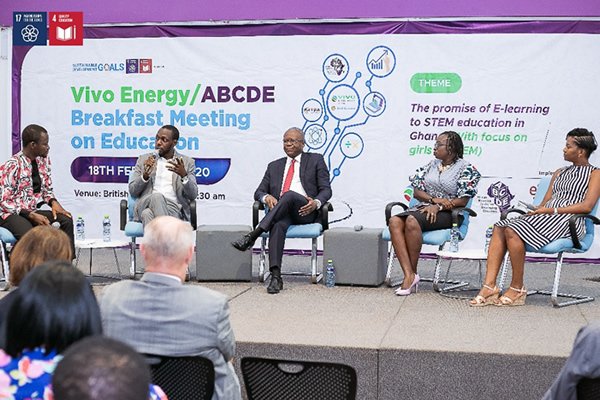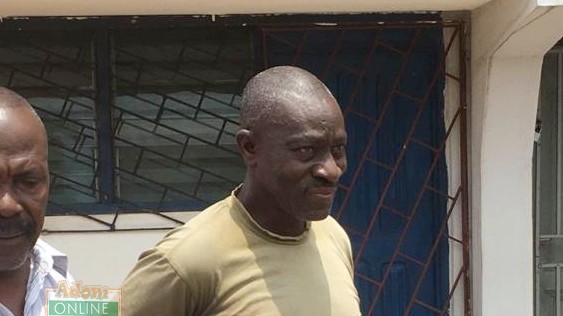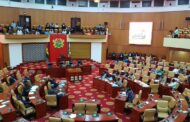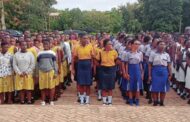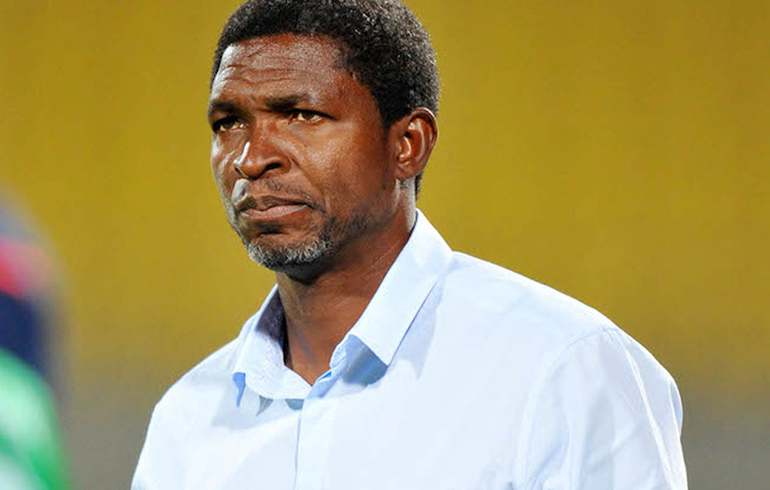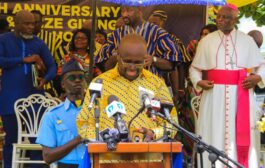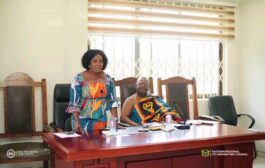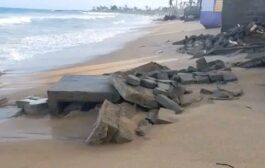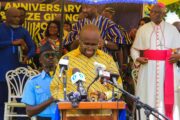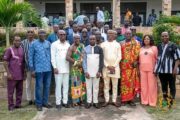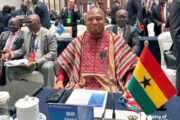The African Business Centre for Developing Education in partnership with Vivo Energy Ghana, marketers and distributors of Shell products yesterday held its maiden Breakfast Meeting on Education at the British Council, Accra.
The event was held under the theme: ‘The Promise of e-learning to STEM Education in Ghana: a special focus on Girls’. Nearly 200 stakeholders from the diplomatic corps, private sector, government agencies, international development agencies and school authorities graced the occasion.
The objectives of the program were to discuss ways to make STEM education attractive, increase awareness in career opportunities that exist in the world of science and technology especially among female students, and garner private sector support.
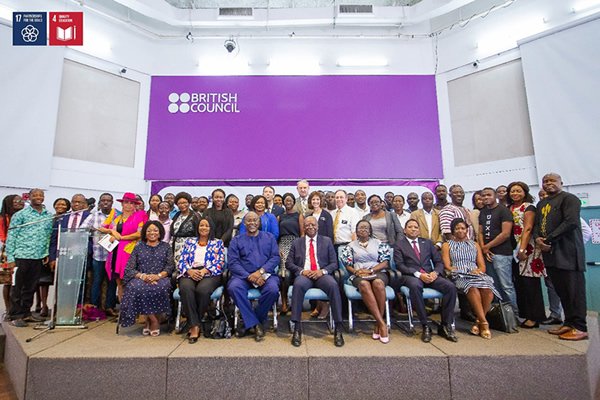
On the panel was the Managing Director of Vivo Energy, Mr Ben Hassan Ouattara, Mrs Petra Asamoah a board member of ABCDE, Dr Thomas Tagoe, the General Secretary of the Ghana Science Association, and Mrs Melody Boateng, the National Professional Officer for the Natural Sciences Sector of UNESCO. Also, in attendance was the National Science Coordinator of the Ministry of Education, Madam Olivia Opare and Kingsley Boachie who represented the Deputy Minister of Education, Dr Yaw Osei Adutwum.
The Managing Director of Vivo Energy Ghana, Ben Hassan Ouattarra, speaking on what Vivo Energy is doing to promote STEM education especially among ladies said: “Vivo Energy gives opportunities to STEM students by employing graduates to come work within the organisation.”
He encouraged players in Ghana’s private sector to get involved in the promotion of Science, Technology, Engineering and Mathematics (STEM) Education in Ghana. According to him, an investment in STEM Education would benefit the private sector immensely.
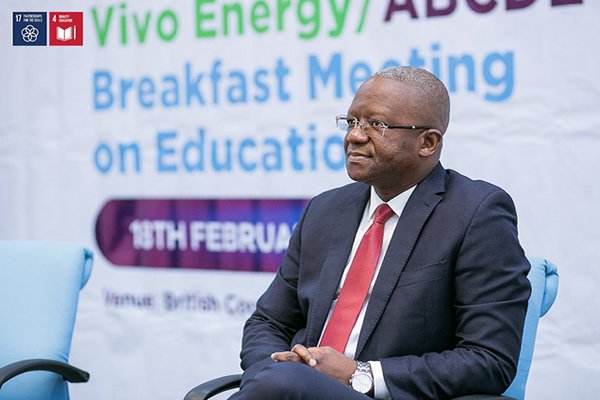
Ben Hassan Ouattarra
The Chairman of ABCDE Dr Ekwow Spio-Garbrah in his opening remarks said the study of STEM is currently unattractive to girls due to the perception that science is difficult adding that there was, therefore, the need to adopt methods and incentives in order to make the study of STEM-related courses more attractive for girls.
He said, “We can use animated programs on TV to attract young boys and girls to develop an interest in STEM. If children’s cartoon TV programs had educational content in them and there are additions, subtraction, multiplication and vectors and all kinds of scientific knowledge being displayed where the animals are playing around, you will grow up learning so much in a fun way, so that it doesn’t become difficult learning STEM.”
The Special guest of honour Mr Abdourahamane Diallo, Country Director for UNESCO, encouraged all to send the right messages to girls to change the perception they have about STEM “I would like to use this opportunity to encourage all of us to advocate for the right messages to be sent to our girls. We must tell our girls that the world needs STEM and STEM needs women.
Instead, of telling girls that their place is at home (in the kitchen), let’s tell them that their place is in science.” The panel member from UNESCO, Mrs Melody Boateng also stated that UNESCO is very intentional when it comes to promoting women as leaders in STEM fields. She also encouraged all to make the necessary investment in STEM education to make the agenda a successful one.
Speaking on what the Ghana Science Association is doing to make the study of STEM interesting, Dr Thomas Tagoe said the association holds events that bring young people together with scientists. Ghana Science Association believes that this goes a long way to shape the minds of the youth and serves as a way to mentor these students.
He added that the majority of these students are girls.
Petra Asamoah, an ABCDE board member in her submission spoke on how eLearning creates an equal level playing field for all to study STEM. “eLearning creates the opportunity for us to put the solution in the hands of these females because technology is non-judgemental and not gender-biased” she said.
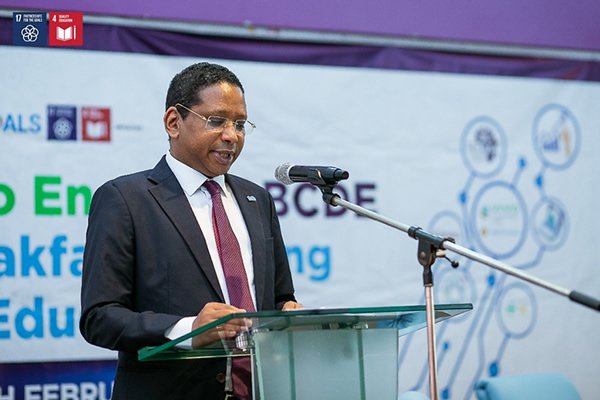
She added that this informed ABCDE’s decision to partner eCampus an EdTech company with an app which makes learning fun and interactive to provide eLearning solutions to students. She was grateful that Vivo Energy had agreed to support and signed on for free500 students 300 of which are girls. The cost per student per course per year is Ghc 50, which ABCDE considers to be quite affordable for most families.
The Chairman of ABCDE in his closing remarks used the opportunity to encourage corporate Ghana and stakeholders to contribute to the ABCDE STEM scholarship fund and also help signup students onto the eCampus app.
Source: Mybrytfmonline



